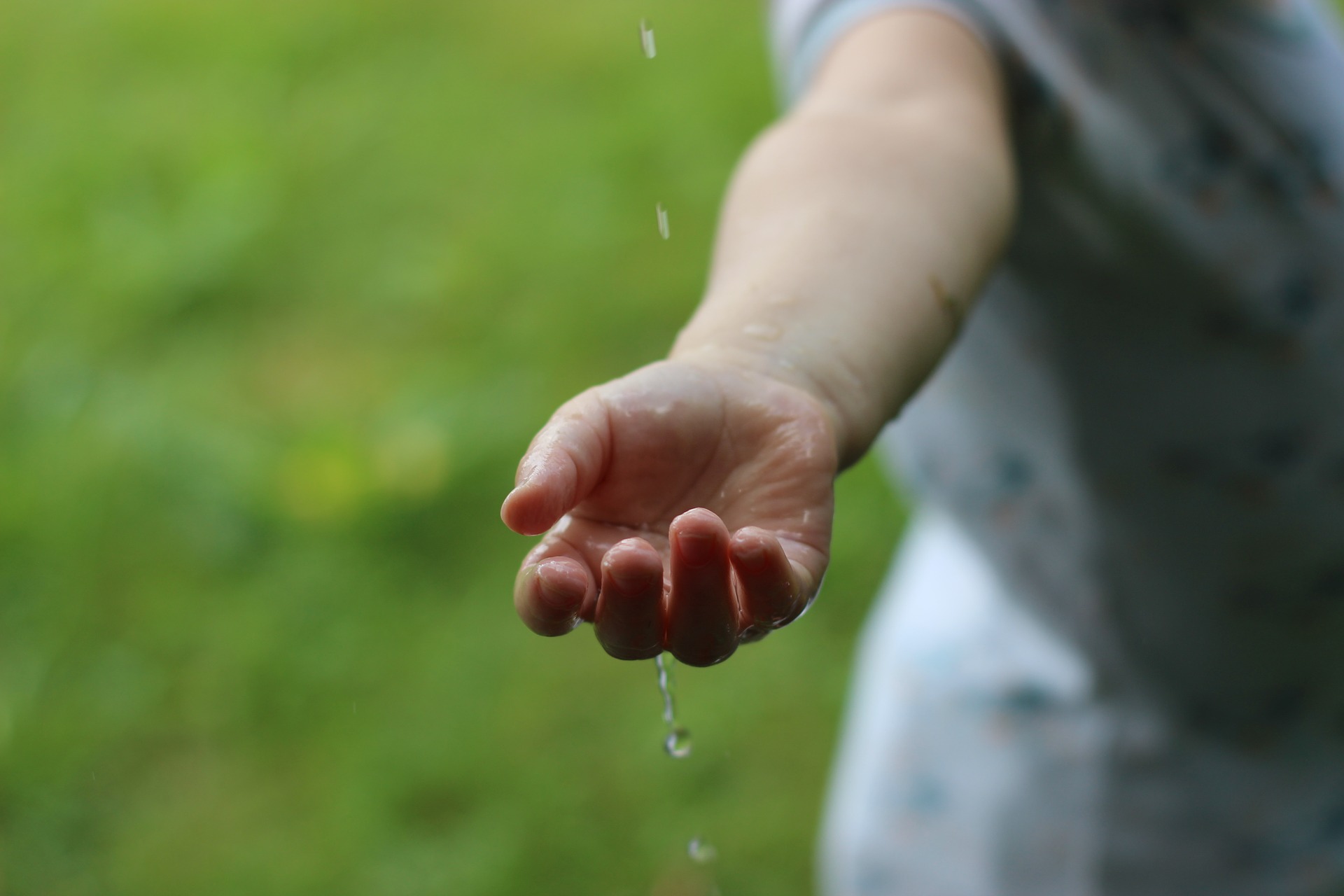The United Nations list partnerships among the 17 Sustainable Development Goals of the 2030 Agenda. Alliances have thus become a formidable engine for CSR.
Everyone can contribute to environmental and societal causes. But some challenges – such as climate changes, or social inclusion – cannot be tackled by single organisations. Build up a critical mass, share resources and competences, is the meaning of objective #17 of the 2030 Agenda, thus one of the priorities that UN identified to promote sustainable development at global level.
It’s a hot topic for both private and public bodies, as well as the many civil organisations that can network and activate value collaborations. Partnerships for sustainable development were discussed during a workshop by CSR Manager Network, where some notable Italian cases were introduced. Potentiality are really high, but there are some issues to be solved, such as how to measure the impact of programs, and how to ensure continuity to effective initiatives, which tend to stand out as isolated best practices.
Salvatore Castiglione from Danone was clear about the need to replicate and grow successful projects. As ABCD, the Barilla, Coop Italia and Danone alliance to fight child obesity, launched ViviSmart, it was agreed to pilot four Italian cities, about a hundred families and a dozen schools. The project has engaged about 2,5 million people so far, and LUMSA University monitored its results and proved the ability to educate participants around healthy food and lifestyle. It is now being evaluated how to evolve this experience and make it a national program.
ABCD highlights another relevant element, the need for partners to share the same values and interests, thus creating a real alliance and not a mere, casual cooperation. This synergy is much more complicated when dealing with international projects: it’s one of the challenges of the newly formed Alliance to End Plastic Waste, putting together about 30 multinationals to fight plastic waste and promote circular economy. Companies such as BASF, Dow, ExxonMobil, Henkel, P&G, Suez, and Total joined the call, with an overall investment exceeding 1 billion dollars and the goal to achieve significant global results by the next 5 years.
But alliances do not stem from private organisations only, often they are encouraged and triggered by public bodies. An interesting experience is growing in Milan, where resilience against climate changes, environmental issues, societal and economic concerns is at stake. Chief Resilient Officer Piero Pelizzaro restated how important partnerships are to understand risks for citizens and businesses, and find solutions to mitigate for instance the effects of natural disasters and extreme weather. From the collaboration with City utility companies such as MM, ATM or A2A, to the active engagement of shops and local businesses (as for ‘Milano plastic free’ project), the idea is to aggregate people efforts around shared initiatives and programs.
And don’t forget that alliances for sustainable development can contribute to consensus and reputation management, both for public organisations and corporate brands.




